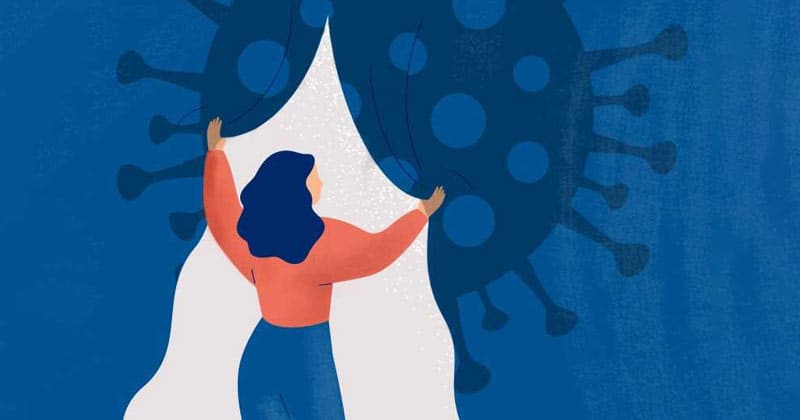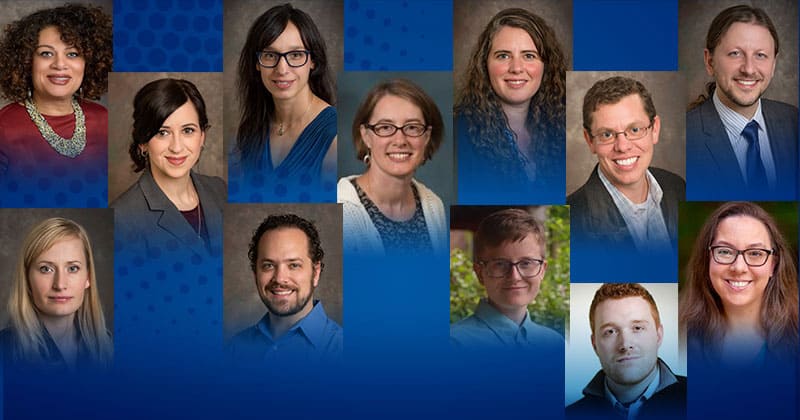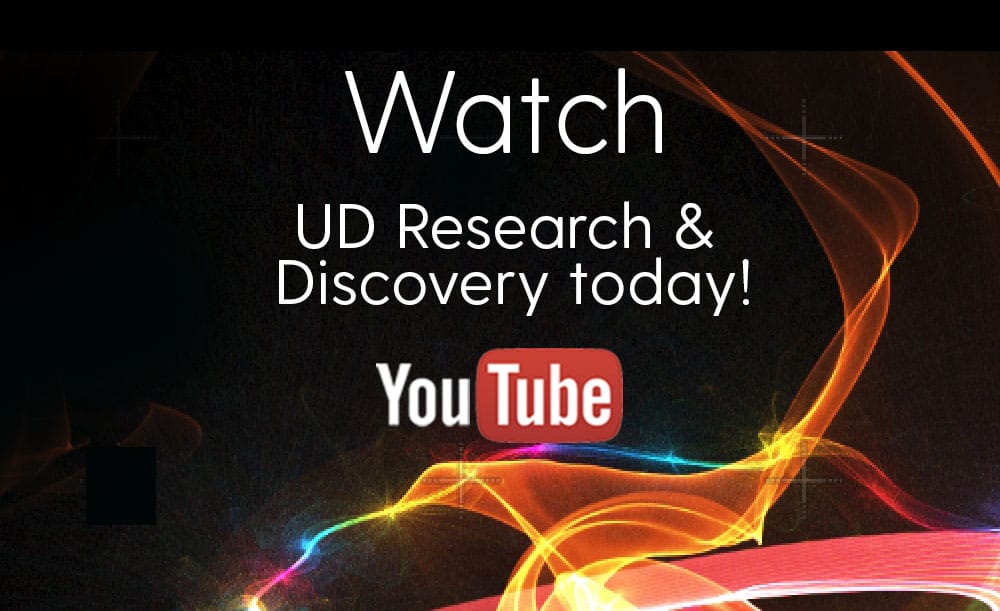RESEARCH
DISCOVERY
A Blog Devoted to UD Innovation, Excellence & Scholarship
COVID-19
Teens, Isolation and COVID
The teenage years can be a challenging time for people under normal circumstances. The coronavirus pandemic added a layer to the challenge, but for some, being able to avoid difficult peer-to-peer interactions was a silver lining, according to UD researchers.
But it may be a different story for those teens whose social interactions before the pandemic were especially problematic; perhaps they were bullied or often got into fights at school. Are they happy to be back in the classroom?
“We think that teens are universally happy to be back to social interaction, because they are very focused on their peers, more so than younger children or adults,” said Julie Hubbard, professor of psychological and brain sciences at the University of Delaware and an author of a paper recently published in the journal Research on Child and Adolescent Psychopathology. “We think that of course teenagers want to be around their peers, but it’s really not that simple.”
Hubbard and her research team have been following a group of young people for many years, beginning when they were in fourth or fifth grade and continuing to their current time as high school students. Her lab focuses on children’s and adolescents’ aggression, which research has shown is often linked with depression, and on teens who have challenging peer interactions, either as victims or aggressors.
By chance, her team had just completed a large laboratory-based data collection effort with teens in February 2020, just before the pandemic upended school and social activities. The researchers, Hubbard said, decided to use that data to look into the effects of isolation on those with difficult peer relationships. A group of about 100 of the teens completed additional questionnaires assessing their depressive and anxious symptoms several months later, in the early months of the pandemic.
The researchers found that, while teens in general reported increased depression and anxiety from pre- to mid-pandemic, adolescents who had problematic peer relationships before the pandemic did not experience those increases.






